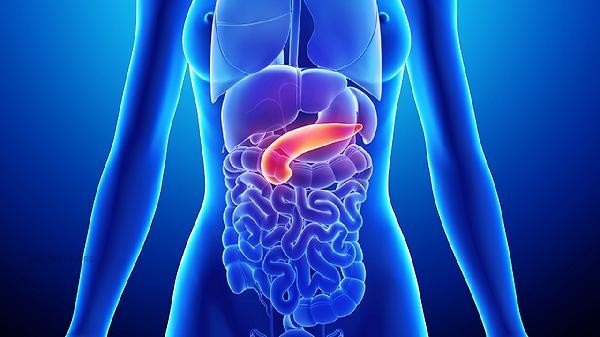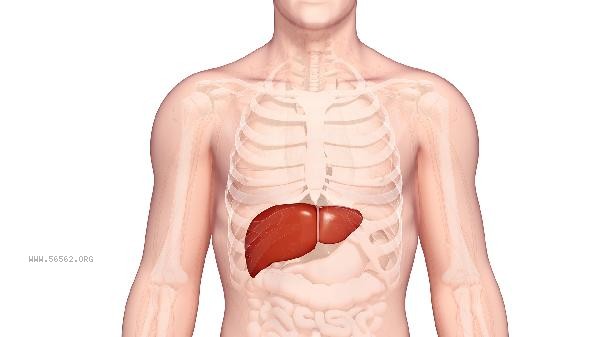High cholesterol refers to the pathological state of abnormally elevated levels of low-density lipoprotein cholesterol (LDL-C) or total cholesterol in the blood, mainly related to genetic factors, unhealthy dietary habits, metabolic abnormalities, chronic diseases, and drug effects.

1. Genetic factors:
Familial hypercholesterolemia is a common genetic disease caused by LDL receptor gene mutations leading to cholesterol metabolism disorders. Patients can develop typical symptoms such as yellow tumors and early-onset coronary heart disease from adolescence, and need to be diagnosed through genetic testing.
2. Improper diet:
Long term intake of animal organs, red meat, dairy products, and other foods high in saturated fatty acids can promote the synthesis of more cholesterol in the liver. Excessive intake of trans fatty acids can also interfere with the normal metabolic process of low-density lipoprotein.
3. Metabolic syndrome: In the state of insulin resistance, the synthesis of extremely low-density lipoprotein in the liver increases, the breakdown metabolism slows down, resulting in an increase in low-density lipoprotein cholesterol levels. These patients often have metabolic abnormalities such as abdominal obesity and hypertension.

4. Chronic diseases:
When hypothyroidism occurs, the expression of low-density lipoprotein receptors in the liver decreases; Patients with nephrotic syndrome experience compensatory increase in lipoprotein synthesis due to protein loss; Cholestasis related diseases can affect cholesterol excretion.
3. Drug effects:
Long term use of glucocorticoids and thiazide diuretics may interfere with lipid metabolism, and certain antipsychotic drugs may indirectly lead to cholesterol elevation through weight gain. The progesterone component in contraceptive pills may also have similar effects.
To control high cholesterol, a long-term health management plan needs to be established: daily intake of dietary fiber should not be less than 25 grams, preferably soluble fibers such as oats and miscellaneous grains; Perform 150 minutes of moderate intensity aerobic exercise such as brisk walking and swimming every week; Quitting smoking can improve high-density lipoprotein function; Limiting alcohol consumption can reduce the pressure of lipid synthesis in the liver. The four indexes of blood lipid should be tested regularly, and the patients with hypertension or diabetes should control the low density lipoprotein in a more strict range.










Comments (0)
Leave a Comment
No comments yet
Be the first to share your thoughts!